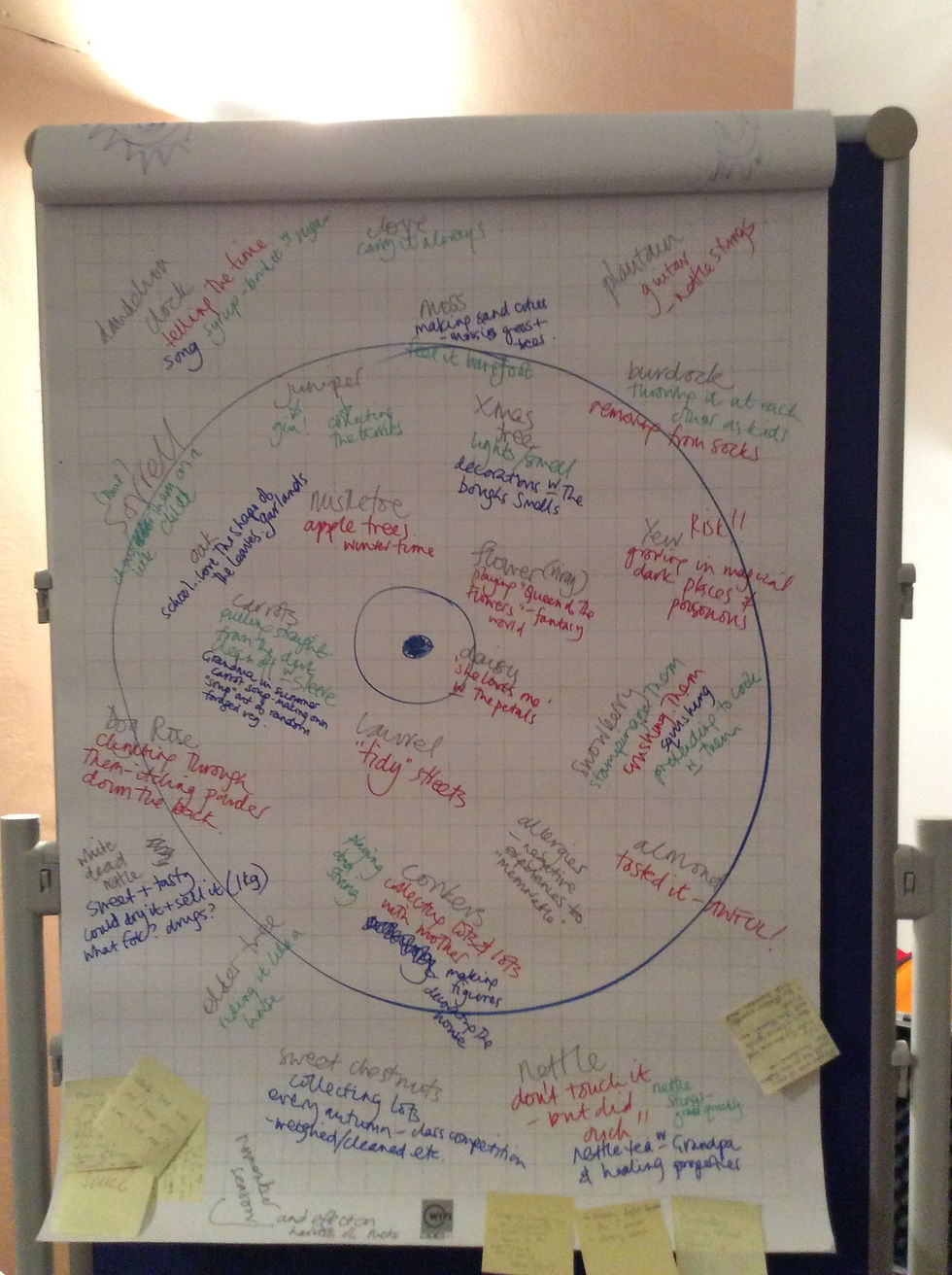First project meeting: St. Polten
- Julie Mountain

- Jun 8, 2020
- 2 min read
Leonie clarified that the most up to date version of the workplan is on Trello for all partners to access and that the project will complement the work being completed in the CAPS project, which has most of the partners from this consortium.

IO1 is the National Adaptation Plans (NAPs). This will be an opportunity for partners to create a plan on how they can adapt the other outputs so that they can be successfully implemented in the context of their country. This gives partners the opportunity to be flexible. Leonie clarified that the first 7 months will be spent working on the NAPs. IO1 will include research through interviews and focus groups with stakeholders.
Leonie explained that IO2 is a toolkit, which will be online, and will hold a set of ideas that can be used by schools and non-formal settings for educators/ informal educators to bring in plants and play. She explained that this should combine knowledge of botany with practical and useful ways for teachers and youth workers to use it. Partners need to find priorities and stick to them to make a set of focused resources that will work with IO3 training.
IO3 is a training course for teachers/youth workers and will include resources that the educators will be able to take into the schools/social settings. The project will include a Train the Trainers event and there will be three multiplier events that will provide an opportunity for partners to share with stakeholders the progress of the project.
The aim is that by May next year partners should have clear NAPs, and they will have started working other outputs. Then by the March Meeting in the UK most of the research will have been completed.
Leonie explained that there will be a study visit in UK in March, where partners will have the opportunity to visit UK schools/ non formal settings and have workshops with some of the children. A meeting will also occur, where partners will discuss and evaluate the NAPs, and will discuss the content of the toolkit.



Comments